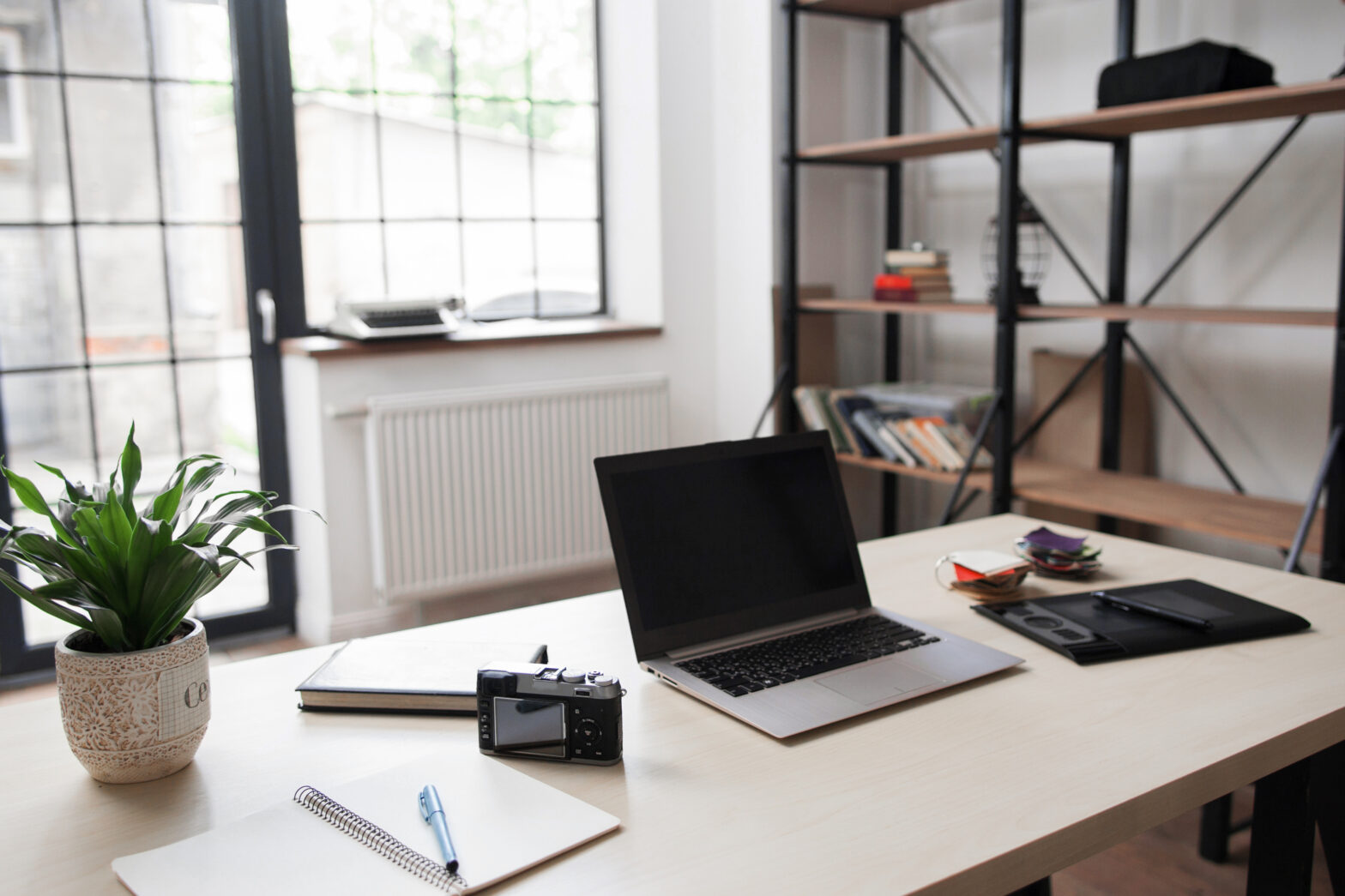Moving business premises can mean additional space, extra resources, happier staff and a more favourable commercial location. But despite these positives, research suggests that three quarters of SMEs fear the stress of a big office move.
There’s no doubt that moving premises presents a lot of challenges for SMEs, both from a financial and logistical perspective. The cost of relocation can place strain on your bottom line, impacting your cash flow in the short and long term. It can also affect normal working hours, and demands additional logistics that require careful planning and management. In short, moving premises can be a risk — but is it a risk worth taking?
Here, we look at five of the most important things to consider when moving business premises — from security and accessibility, to managing relocation budget.
Budget wisely
Ultimately, it’s your business’ available capital which will dictate your decision to move premises, and have the biggest influence on the size of the property you’re able to move into. Whether you have a small or large budget, we’d recommend that you use a local relocation agency to help organise the move and ensure you don’t overspend. Relocation agents can provide guidance on financial elements like business rates and rent, so you’re not stung by unexpected costs. They can also provide a pricing forecast for any refurbishment, and help make those tough planning decisions which could see expenses escalate.
From your first meeting with an agent, you should have a reasonable idea of how much the relocation will cost, and what it’s likely to set you back in the long term. If you don’t plan on using an agent, this guide on how to calculate business relocation costs could prove useful in helping you set a realistic budget — assessing everything from leasing costs and insurance to utility prices and licensing.
Before you begin the relocation process, find a good solicitor and ensure they’re involved from the outset. A specialist commercial property solicitor can help enormously with any landlord negotiation, and can vet any legal documentation before you sign on the dotted line — ensuring your interests are protected.
Take time to plan your office move
Moving business premises isn’t as simple as moving house. If you consider the complete process from finding a property to agreeing lease terms to completing the fit-out, moving business premises will typically take a year or more (though this depends on the size and type of the business). This makes it crucial to plan ahead, and give yourself enough time to effectively manage the move from the initial consultation to moving day.
Making the decisions required to find a suitable business premises will take time to investigate and research, so you should factor time into your overall budget — making sure you can feasibly orchestrate the move whilst juggling the day-to-day responsibilities of your business. Ideally, you should assign enough time to research every aspect of the relocation in detail, so you can be confident that your business can cope with the pressure of moving premises — both financially and logistically.
Size and layout considerations
While it’s easy to assume that investing in a larger premises will make for a more flexible working environment, this isn’t always the case. The layout of the property should also be considered, ensuring that your team members are able to collaborate effectively and utilise flexible arrangement options.
In a guide on what to look for in new business premises, Gazprom Energy touches on the importance of choosing a site which isn’t only bigger, but also meets the needs of your business in terms of plan, design and layout.
Pamela Shoesmith, HR business partner at Gazprom Energy, highlights some of the things businesses should consider when choosing their next business premises: ‘It’s important to have a clear plan for how the new office space will be used both now and in the future – as well as thinking about what kind of culture you want to reinforce with the workspace and communal areas in the new building.
‘Don’t forget that moving premises is a change for people, so it’s vital to get your employees on-board. Involving them in the decisions regarding the layout, furniture and facilities can build support for the move. Also, be sure you identify everything that needs to be done beforehand. Managing this well can have a real positive impact on employee engagement and help make sure the move is a success.’
Consider accessibility
From your staff to your clients, people need to reach your premises easily, so accessibility should be at the top of your agenda when moving business premises. When choosing a property with good accessibility, you’ll need to consider everything from nearby public transport and road links to car parking and access for delivery vehicles.
Finding premises with good accessibility isn’t just a matter of convenience. Depending on the type of business, location can have a huge impact on its commercial performance and potential revenue. Areas with greater footfall may be perfect for retailers, but they’re also liable to be more expensive — meaning they may not be suitable for other types of businesses. Make sure the area you choose is suitable for your type of business.
The ease at which staff can travel to work should also be considered, so make sure you assess the local transport infrastructure. Recently, an NHS report emerged suggesting that long commutes are having a negative impact on workers’ physical and mental health — effects which are then being felt in the workplace through poor performance, reduced motivation and diminished workplace satisfaction. To retain staff and cultivate a happy, healthy workplace, make employee access the primary focus of your office move.
Security issues
Whatever your type of business, valuable assets like stock and equipment mean your premises could be targeted by thieves. Security should, therefore, be a high priority, protecting your property from criminals. Of course, security provision is dependent on whether you are buying or renting a property. When letting premises, find out what kind of security is in place before signing the contract, as the tenancy agreement may limit what kind of equipment can be installed later.
If you’re buying a property, carefully check the planning regulations before installing security equipment like CCTV cameras and alarm control systems — particularly if it’s a listed or old building. This guide can give you a good idea of the different types of security measures every business should have in place to protect its assets.





